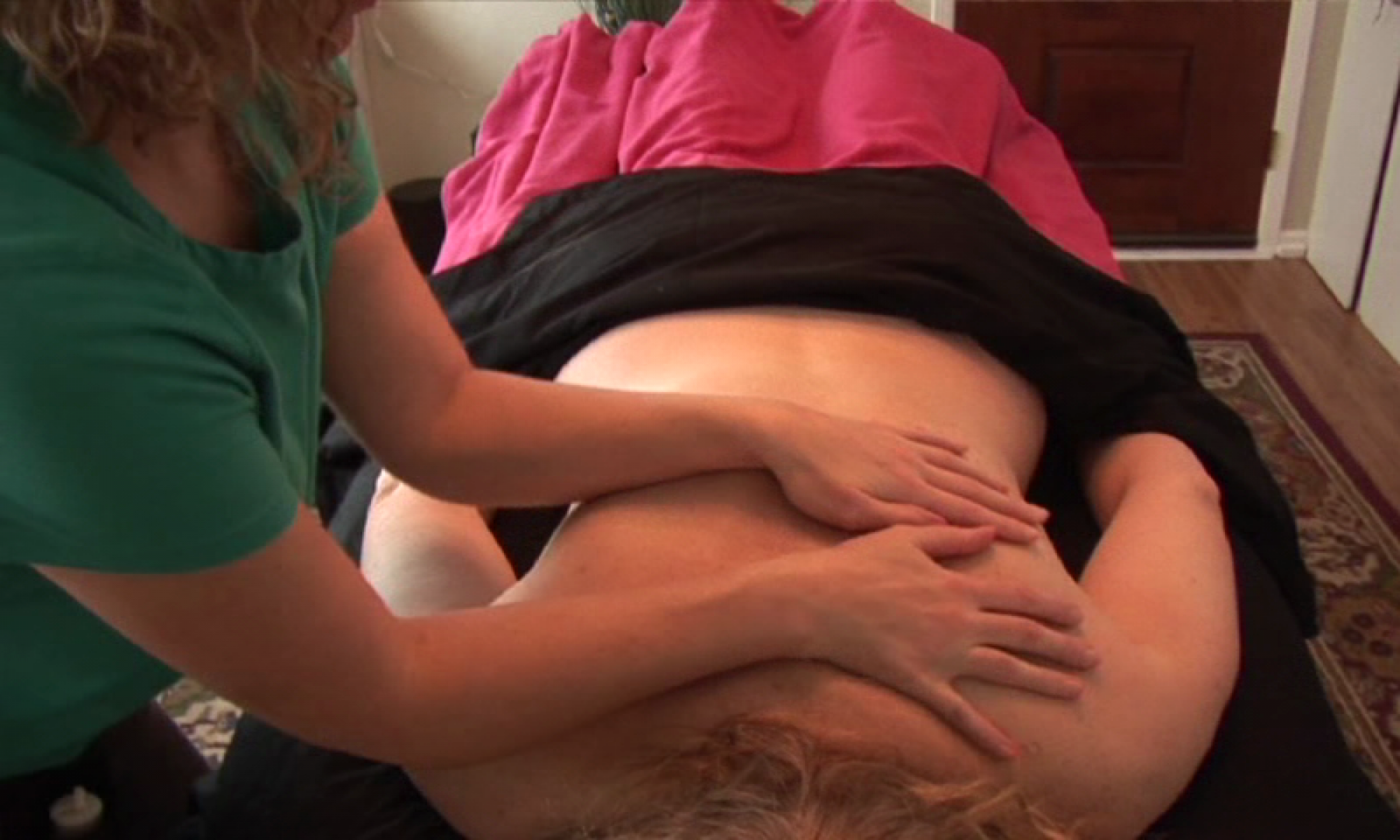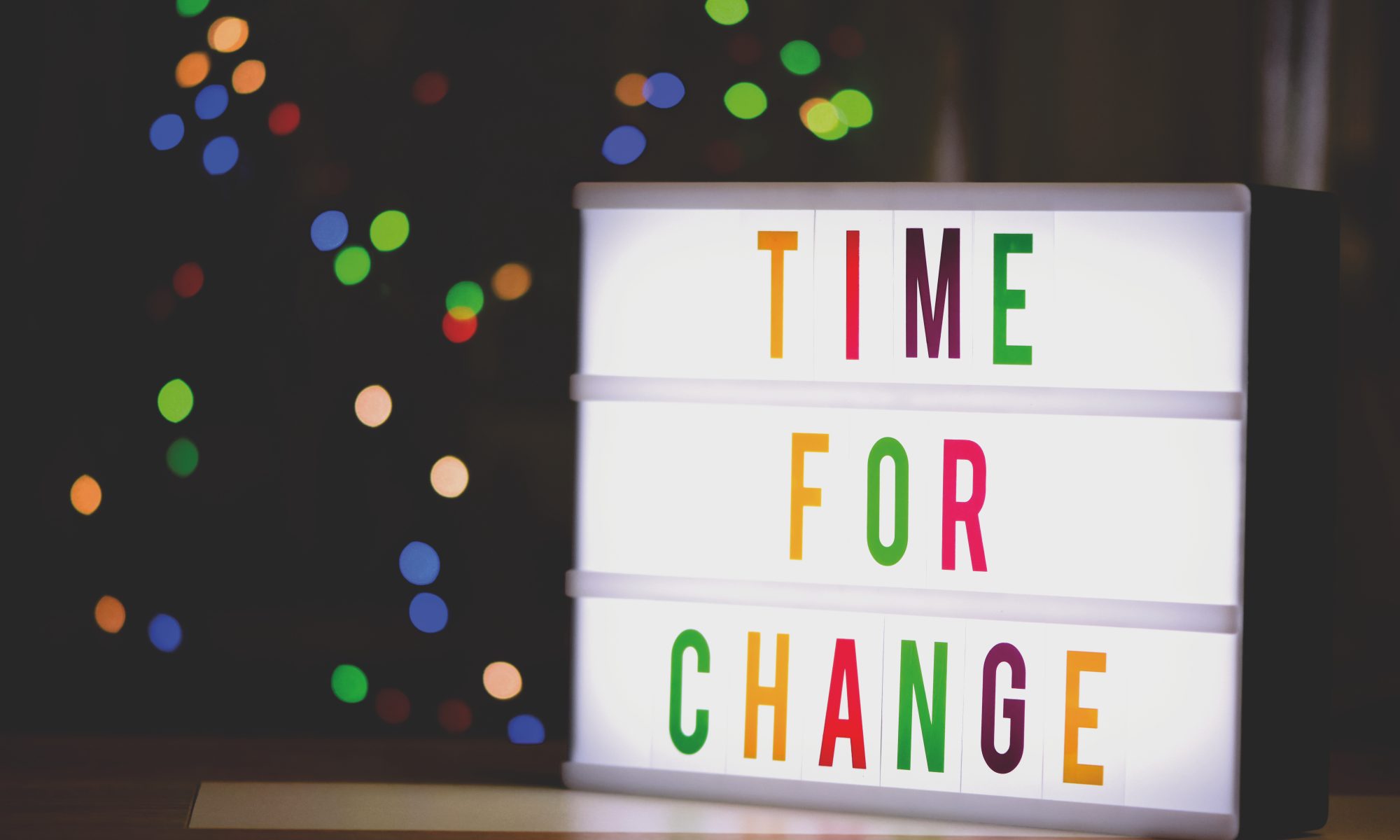Change is hard and scary and sometimes downright daunting as it means we have to take a look at our lives and be willing to change. We know, need and want to live healthier. Maybe some of the changes you’re thinking of are to make some healthy changes to eating habits, start exercising again regularly, get more rest, or learn to use natural remedies instead of turning to over the counter medications for simple illnesses.
Lifestyle behavior changes are difficult for many reasons. Some include emotions that motivate us. Usually, negative emotions spur us into action out of fear. However, the results are temporary at best. Positive emotional motivation for change is seen to have longer lasting results. At times we get trapped by our false believes about the change and it’s process that leads to becoming overwhelmed. This can lead us into no-win situations where it becomes difficult to see the forest through the trees.
Behavioral change is a big thing, no matter the behavior; and it’s almost impossible for most people to make a huge change all at one. Our behaviors are rooted in our environments of influence (family, work, school, peers, communities, etc.). This means that your change often affects those around you in some way (good or bad).
Often we forget available resources to help us. We try to wing it based on what we think, know or feel about getting started and following through. This leads to an underestimation of the change process’s requirements of time, energy or money. Failure is usually a given, even for the most successful people making a change. It is these failures, no matter how small that leads to a full lack of commitment to the process (DiSalvo, D., 2017, Psychologytoday.com).
Figuring out what the first steps are and then taking them can seem really overwhelming. This is when our brains come up with objections and resistance to explain why we can’t start or follow through on the changes. As humans we are uncomfortable with change and prefer familiar routines to feel safe.
As a healthcare provider and a woman with chronic low back pain trying to live a healthy life, I’ve heard and had many of the common objections and resistances to healthy living changes. I’m here to tell you they don’t have to be true!
In order to overcome these objections requires a shift in thinking, a shift in your goals for your life and happiness, and a shift in your beliefs in yourself… and then the practical steps to healthy living can begin!
Some of the Common Objections to Healthy Living
How Do I Choose or Know What Is Right For Me?
There are tons of websites and experts out there that will tell you information that sometimes makes sense, sometimes goes against what you know or believe or what another respected health expert might say. This goes to the endless list of the best diet, the best exercise routine, the best supplements, the best essential oils, the best whatever… the list never ends!
However, remember that there is no way to know all of it AND what is best for one person is not best for everyone! Not one of us will ever be able to learn all there is to know about healthy living. The healthcare community is always learning new facts and figuring out what seems to work best for our patients, our communities, and our families. Your task is to know that you don’t have to know everything to make healthy changes! You start with what you know, doing the best you can, and then you grow from there, just like the rest of us are doing.
It’s Too Expensive
This can be true, I won’t lie. Some healthy habits do cost more initially. But this doesn’t always have to be the case. Some simple, healthy, nutritious foods are also cheap. Think lentils and rice or carrots and potatoes. Using green cleaning products can be as simple as baking soda and vinegar. Getting more exercise can be a simple as walking a pattern inside your house for an hour. Changing your mindset from thinking that healthy living requires special products, brands, and foods to realizing that healthy can actually be more simple is a great way to get past the price-point mental block.
Organic is Unaffordable
Well, if you shop at Wholefoods, this might be the case. Many patients and their families I know can’t afford to go all or mostly organic. In fact, we are one of those families!
Focusing on healthy, whole foods, such as fruits and vegetables, should be primary. Organic is great when possible, but when it’s not? You do the best you can with what you have available! Remember, all items labeled as organic doesn’t equate to healthy. You can buy organic chips and cookies!
My Life is Very Busy… I Don’t Have Time
Initially, healthy habits do take time due to learning about and how to implement the healthy habit, readjusting your daily routine, and getting the habit to become easy. Any change requires time and adjustment, even the bad ones! But what is the alternative? Disease.
If spending some extra time every day on healthy habits gives you the opportunity to reduce your risk of disease AND be present in your life currently, it seems like a no brainer! And honestly, you the time you use to do healthy things now will save you years of struggle and suffering later!
The healthy change makes my choices restricted and life more difficult so that I can’t enjoy the simple pleasures
While this may feel true initially, it’s not forever and there is always the option of allowing indulgences in moderation. I might say no to plenty of things while trying to live healthy, such as desserts, processed foods, sodas, and partying. Restrictive and difficult lives are definitely more related to chronic illnesses and pain syndromes, than being as healthy as you can. For instance, diabetes and poor diet leading to possible kidney failure/dialysis; or low chronic low back pain leading to a loss of movement freedom and life participation.
So How Do We Prepare For Change?
Many think that setting the goals in life is easy, but it is not. Beginning a new habit to improve your health is a worthy goal, but it can be a bit overwhelming. There are bound to be challenges whenever you start something new, especially when it involves something you do several times each day — like eating and drinking. Still, as long as you don’t try to change everything all at once.
1. Develop and Follow a Plan
By figuring out the what, when, where and how’s of your goal(s), you can begin to implement baby steps. Once you have your plan developed, set a date for starting the change. Be specific about your plan of the what, when, where and how’s and write it down. Then be willing to figure out what kind of timeframe daily your plan of action requires. It may be difficult to immediately carve out several hours a day, rather than starting out with 30-minutes per day.
2. Take Baby Steps
Change is hard. You change may only start with the baby steps, but as you meet these smaller goals, you’ll be able to begin working toward your bigger goal. Some experts suggest making just one change each week, to give you time to get used to the new behavior. Your goal is to establish new habits that can be sustained for a lifetime. Daily activities go from conscious routine to habit in 6 weeks and then becomes unconscious habit in 12 weeks.
3. Set Realistic Goals
Set goals that are attainable for your abilities. Slow and steady wins this race. It takes time to learn new habits that will last for the rest of your life. Don’t be afraid to be realistic about your current abilities and start small. Remember every step forward is still a step in the right direction!
4. Reward, Don’t Punish
To keep motivation high, reward yourself after reaching baby steps. On the other hand, don’t be too hard on yourself when you fall off the wagon — everyone does, sooner or later. Anticipate that slipups will happen, and when they do, just brush yourself off and get right back on track. Use your slipup to learn where you are vulnerable and decide how you will handle the situation the next time without abandoning your goal all together.
5. Get a Buddy
Support is an essential part of any successful change. Recruit a family member, a friend, or get involved in an online community. These people will become a source of inspiration, support, accountability, and encouragement on a regular basis — and especially when the going gets tough.
6. Track Your Progress
Successful people know how important it is to document what and how much of the goal(s) they’ve accomplished. Even the small success are still successes! The simple act of writing it down is a powerful tool that can help keep you in control.
7. Have Faith in Yourself!
If you don’t believe in yourself or your abilities to accomplish goals, then you set yourself up for letting things get in the way. “Humans are inherently lazy” (Yuri Elkaim, 2020), and we can think and talk ourselves out of anything with self-doubt. Even successful people second guess themselves, but they also have faith and belief in themselves, even during difficult times.
Taking control of your life and making healthy changes will be the best thing you ever do for yourself!


